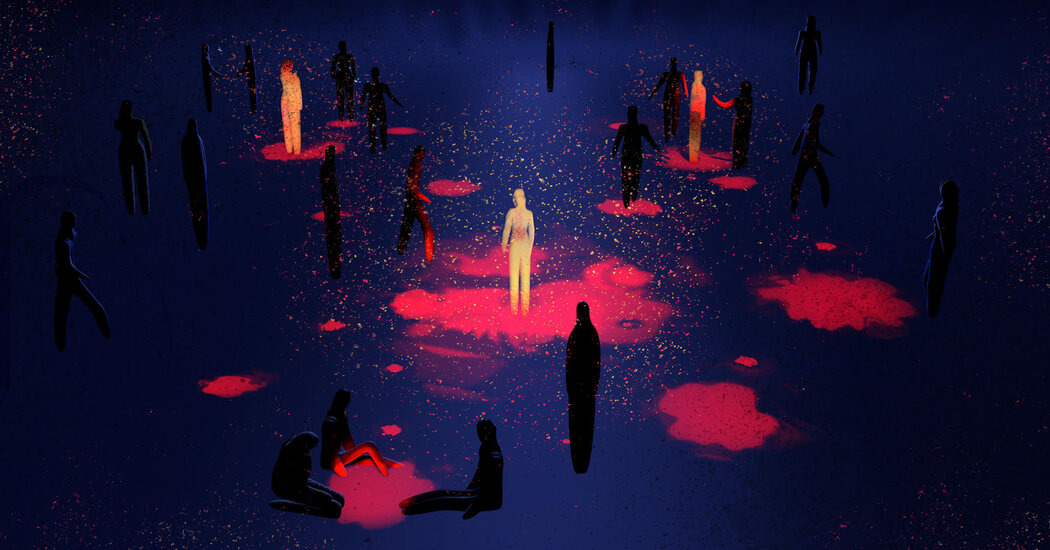
It’s likely that the symptoms of Omicron will resemble Delta’s more than they differ.
“There’s probably a huge amount of overlap between Omicron and the prior variants, because they are essentially doing the same thing,” said Dr. Otto O. Yang, an infectious disease physician at the University of California, Los Angeles, David Geffen School of Medicine. “If there are differences, they’re probably fairly subtle.”
One possible difference is that Omicron may be less likely than earlier variants to cause a loss of taste and smell. Research suggests that 48 percent of patients with the original SARS-CoV-2 strain reported loss of smell and 41 percent reported loss of taste, but an analysis of a small Omicron outbreak among vaccinated people in the Netherlands found that only 23 percent of patients reported loss of taste, and only 12 percent reported loss of smell. It’s unclear, though, whether these differences are because of Omicron or some other factor, like vaccination status.
Indeed, many Covid-19 symptoms vary depending on a person’s vaccine status. Maya N. Clark-Cutaia, an assistant professor at the New York University Meyers College of Nursing who has been following up with Covid-19 patients throughout the pandemic, said that vaccinated patients with Delta or the original coronavirus tend to present with headache, congestion, sinus pressure and sinus pain, while unvaccinated patients are more likely to have shortness of breath and cough, along with flulike symptoms.
With Omicron, Dr. Clark-Cutaia said patients she’s talked to in Pennsylvania are presenting with similar symptoms to Delta. Vaccinated Omicron patients complain of headaches, body aches and fever — “like a really bad cold,” she said. Unvaccinated people have the same shortness of breath, cough and flulike symptoms she saw among unvaccinated people with Delta and the original coronavirus.
One other difference between Omicron and other variants is that Omicron seems to have a shorter incubation time — after a person is exposed, it takes as few as three days for them to develop symptoms, become contagious and test positive compared with four to six days with Delta and the original coronavirus, said Dr. Waleed Javaid, the director of infection prevention and control at Mount Sinai Downtown in New York City. That could be because the variant’s mutations help it attach to and go inside cells, he added.




